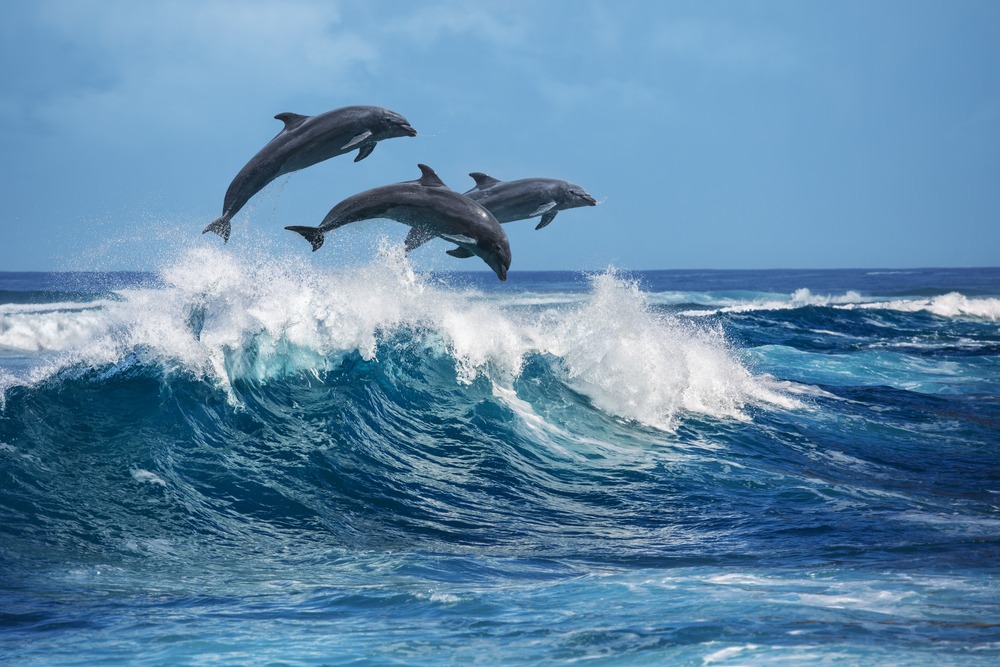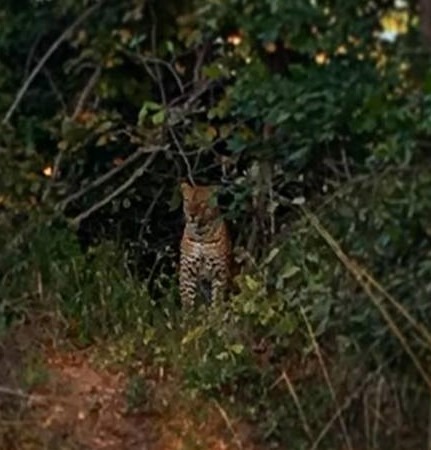Expand love? Expand what love? I’m talking about the love people express for their animals during an animal communication session. Even if they’re upset, their feelings for their animals shine white-hot like an incoming meteor. (Been fed a diet of too much science fiction. Warning: there’s more to come.)
Expanding our love to other animal species

I’m afraid that if we don’t extend our love and compassion for our family animals to other animal species, we’re going to lose the diversity of life that makes nature so endearing, refreshing, rejuvenating, and joyful.
Science fiction comes in handy when I need to imagine what life might be like without animals. I love science fiction, and grew up reading Madeline L’Engle, Robert Heinlein, and Isaac Asimov. Oh, and I was glued to the TV set watching “Star Trek” and the original “Lost in Space.”
But seriously, I wonder how people in those futuristic heroes could stand to live their whole lives in metal containers pulsing through space,and not living with nature!
Seeing the future in a movie
Watching the movie Soylent Green was a wake-up call for me. In this 1973 dystopian movie, it’s 2022 (which, all of a sudden, is not so far away). The Greenhouse Effect from man-made pollution has turned the whole planet hot and humid. The human population has exploded, but there are no other animals left. Soylent Green is everyone’s main staple meal, supposedly made from ocean plankton.
The most haunting scene was when one of the characters, Saul (Edward G. Robinson) decides to “go home.” Going home meant voluntarily euthanasia. He’d been telling his friend Thorn (Charlton Heston) how beautiful the planet once was, but Thorn thought Saul’s just an old man making up fish tales.
In his final moments, Saul watches video clips of the Earth we know today. Abundant animal and plant life thrives and takes our breath away when we focus. Thorn finally sees this truth with his own eyes and breaks down as he understands how lovely the earth once was.
Are you so sure animals will always be on this planet?

I’m not so sure anymore. We need the little guys—the bees and butterflies—to pollinate the plants. We need good bacteria to help us digest our food.
We need the big predators to keep a natural balance in nature. And we need all the species in between to keep the circle of life flowing.
I believe it’s both a physical and spiritual need for us. We’re meant to co-exist.
So. Will you expand the love to other species?
You have a lot of priorities in your life. Could you add the preservation of animal species to your list? Here are some ideas on how you can begin:
- Join and support animal rescues, sanctuaries and/or animal welfare groups that you resonate with. Use Charity Navigator to make sure they spend your money on their programs, not their salaries.
- Pay attention to the health of the planet: animals need clean air, land, and water to survive, too! These are not just human issues.
- Eat fewer animals, which includes animals that live in water.
- Support legitimate nature reserves, accredited zoos
- Skip a visit to the roadside zoo and entertainment venues that include wild animals.
- Support policies that allow wildlife to thrive as well as humans – Most animals need natural, non-human habitats to live and raise their young
- Support work to clean up the garbage in the ocean.
- Use products that are safe for all life.
- Recycle and reuse so less waste goes into our land and water.
(By the way, my daughter Andrea took the elephant and leopard pictures while in Africa.)
I’d love to hear what you’re doing for animals and what you might start doing in the future! Please comment below.


Maribeth – have you forgotten about the Tribbles? There were animals in space!
Hah, no I didn’t forget them! It was a funny episode.
Doing all these things. I feel so overwhelmed by all the news I’m reading – animal species down to the last few, whaling, plastic, trapping, hunting, etc. Is there some sort of healing we can send out, all together, to our wild world?
Good idea, Susanna. Will think about that!
I love this! Right now, I volunteer at the animal shelter. I love it. My big goal is to donate more money to the Ocean Conservancy, and I dream of doing a volunteer trip to help with the oceans.
So glad you shared your volunteer work and big goals! Thanks for all you do!